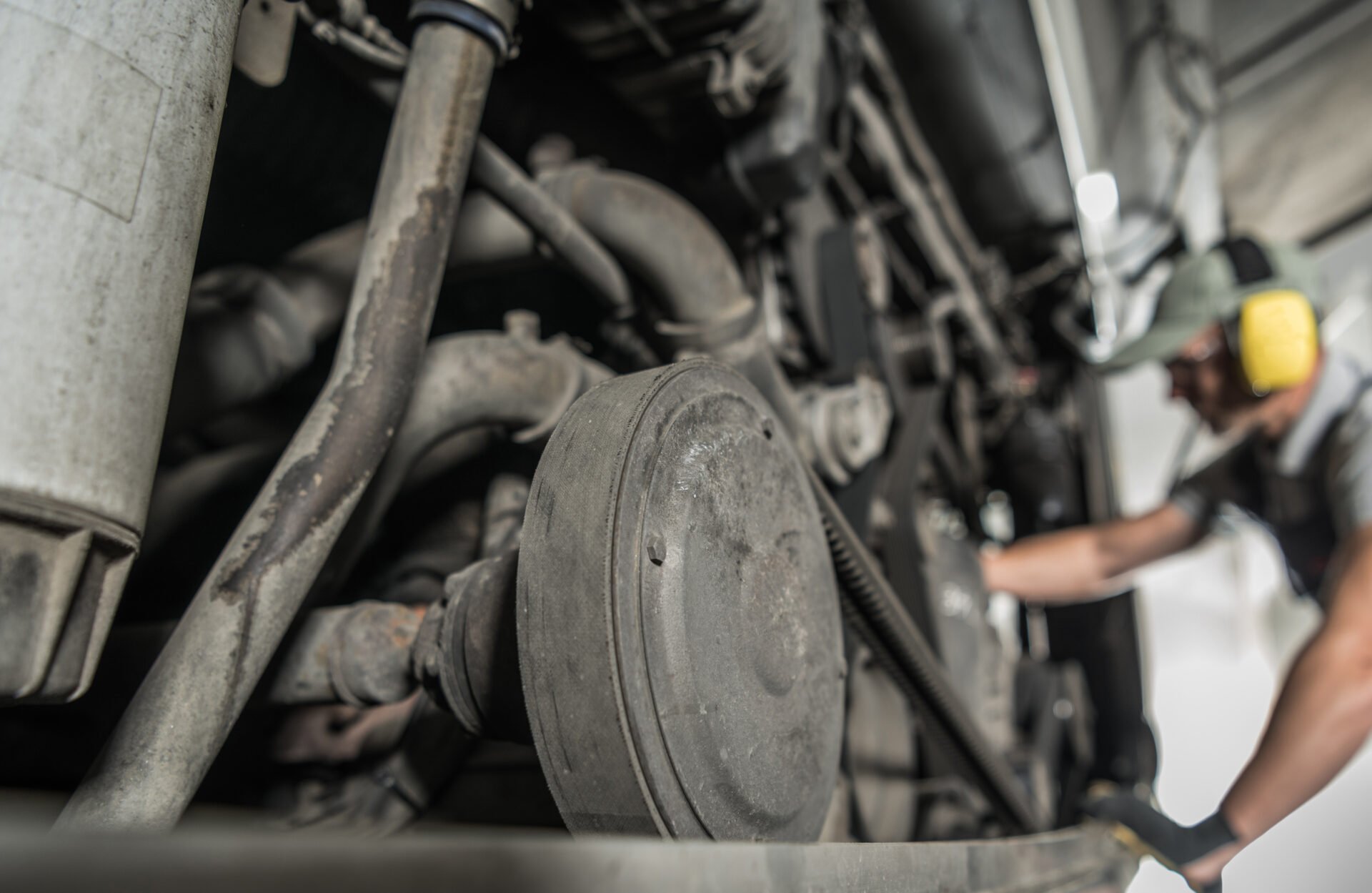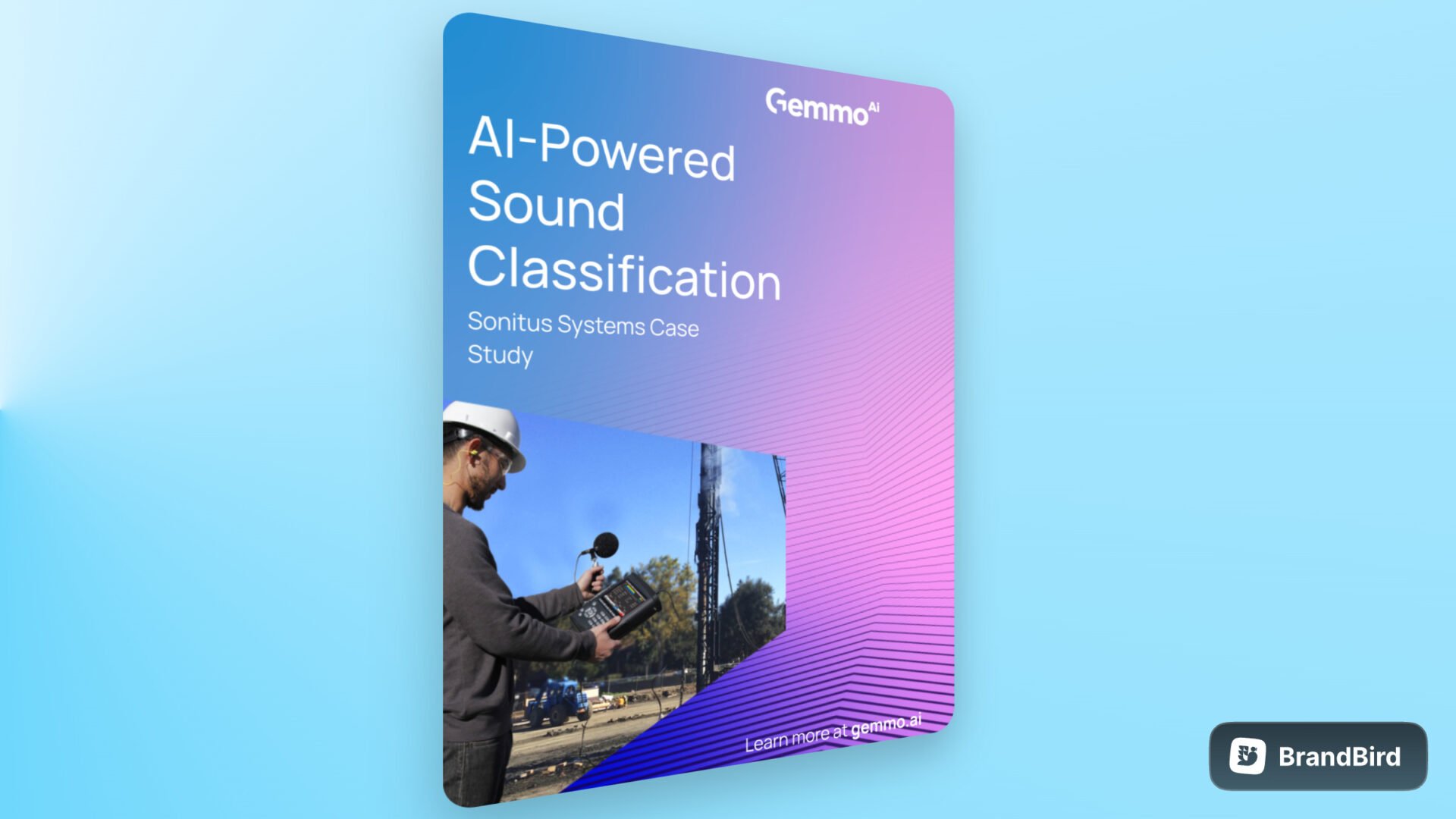Engine Failure Prevented by AI?
The automotive industry is continuously challenged by the need to improve maintenance and diagnostic systems. Top engine manufacturers aim to simplify vehicle servicing, with the ultimate goal of reducing breakdowns and ...

The automotive industry is continuously challenged by the need to improve maintenance and diagnostic systems. Top engine manufacturers aim to simplify vehicle servicing, with the ultimate goal of reducing breakdowns and speeding up repairs. This intention has historically led to routine replacements of parts and service equipment at set intervals, forming a common practice.
Equipment failure imposes an enormous burden on the industry, with unplanned downtime reducing plant productive capacity by 5 to 20 percent and costing industrial manufacturers an estimated $50 billion annually. The financial impact of repairing or replacing equipment is significant, but the true cost lies in the consequences of unplanned failures. The ripple effect disrupts downstream operations, heightens exposure to safety hazards, and increases the likelihood of subsequent failures.
This is why stress testing engines is crucial for uncovering potential failures and enhancing design. However, this process can be challenging –resulting in catastrophic failures, substantial financial losses, and time-consuming investigations.
The Million-Dollar Engine Failure Problem
Automotive companies encounter a major problem as their production roadmaps require rapid engine development, leaving little time for thorough stress testing. Consequently, hurried tests can result in catastrophic failures and enormous financial losses. These setbacks not only drain resources but also prolong production delays. Additionally, analysing the aftermath becomes a complex task, obstructing the identification of root causes behind the engine failures. The current strategy predominantly depends on vibration data to potentially identify irregularities and prevent tests from escalating into catastrophic failures.
The Million-Dollar AI Early Warning Solution
Within this challenging framework, we developed a blueprint AI solution – the application of sound and vibration analysis, bolstered by the power of AI, to establish an early warning system that could spot anomalies before they result in extensive damage. Equipped with this advanced technology, our research team embarked on their mission, determined to tackle the persistent challenges that have long troubled the industry. With AI, we see four main benefits to engine failure prevention:
- Efficiency Boost: Our solution simplifies the task of identifying root causes after major engine failures, saving significant time by preventing such failures in the first place.
- Cost Cutting: Catastrophic failures not only lead to costly repairs but also waste components. By stopping tests before severe damage occurs, firms can save up to $50,000 per engine.
- Design Improvement: Preventing severe failures during stress tests provides valuable insights for engine design. Our solution enables more efficient design adjustments, enhancing performance and durability.
- Safety Enhancement: Engine failures can lead to accidents and compromised safety. Our AI-based early warning system helps boost the safety and reliability of engines, building customer trust and improving brand reputation.
The Blueprint for AI-Powered Anomaly Detection
Committed to innovation, our research team turned to unsupervised anomaly detection, a technique with the potential to reshape engine testing. By analysing sound and vibration data, the proposed AI-powered early warning system can identify anomalies before they turn into severe failures. This system’s algorithms, acting as constant monitors, oversee engine performance, catching even the subtlest irregularities hinting at potential problems.
The Dawn of a New Era in Automotive Intelligence
By 2030, the global automotive intelligence market is projected to reach a value of 74.5 billion U.S. dollars. AI unlocks a wealth of untapped potential for the automotive industry. While much of the public’s attention concentrates on the use of AI in self-driving cars, the industry’s efforts actually extend much further. AI applications permeate various facets of the industry, from engineering and production to supply chain management. Now, less glamorous yet crucial issues like engine failure prevention are being targeted for improvement with AI.
Our groundbreaking approach eliminates the risks associated with catastrophic engine failures, enabling automotive companies to save valuable time, reduce costs, and improve overall design iteration. With the ability to detect anomalies before they escalate, manufacturers can enhance safety, and reliability, and ultimately deliver superior products to their customers. By embracing this innovative solution, the automotive industry takes a significant step forward into a more efficient, cost-effective, and technologically advanced era.



